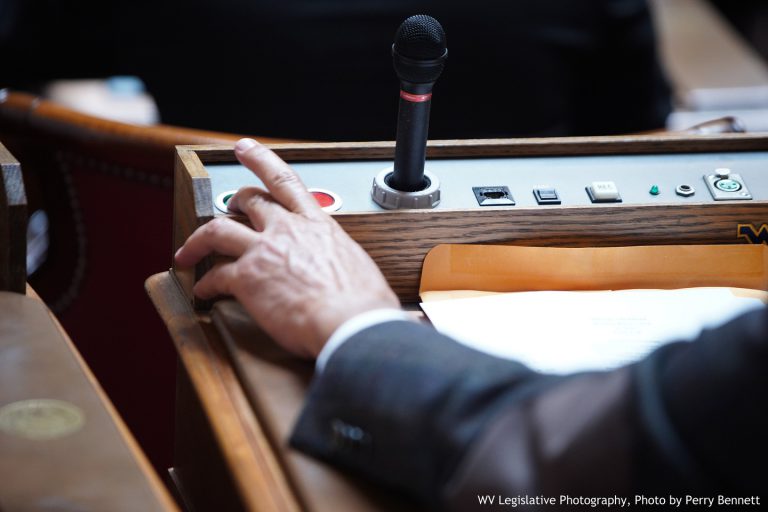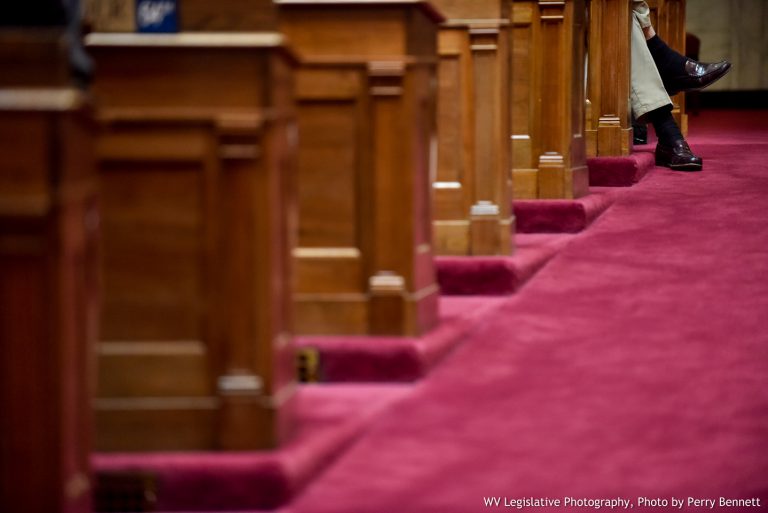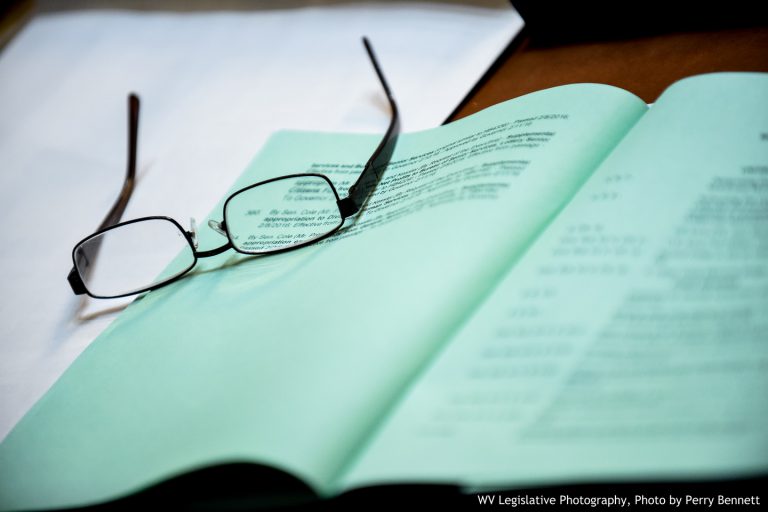On November 18, 2009, the House and Senate adopted resolutions honoring Senator Robert C. Byrd as a distinguished public servant and dedicated statesman, and designating that day as “The Honorable Robert C. Byrd Day.” On that day, already the longest serving U.S. Senator, Robert C. Byrd became the longest-serving member of the United States Congress with 56 years, 320 days of continuous service.
 Senate President and Lieutenant Governor Earl Ray Tomblin, said, “It has been one of my greatest honors to work with Senator Byrd throughout my legislative career. An impassioned defender of the Constitution and fighter for West Virginia, his contributions to both the nation and our Mountain State are simply unrivaled – and forever exemplary. I believe we, as a state, will always be better because of his service. And I wish him, our West Virginian of the 20th Century, the very best on this historic day.”
Senate President and Lieutenant Governor Earl Ray Tomblin, said, “It has been one of my greatest honors to work with Senator Byrd throughout my legislative career. An impassioned defender of the Constitution and fighter for West Virginia, his contributions to both the nation and our Mountain State are simply unrivaled – and forever exemplary. I believe we, as a state, will always be better because of his service. And I wish him, our West Virginian of the 20th Century, the very best on this historic day.”
The event ended with the Governor issuing an executive proclamation marking each Nov. 18th as “The Honorable Robert C. Byrd Day”.
“Old School” would be the best description of this child from the coalfields. Reared by his Aunt and Uncle following the death of his mother, who died from influenza in 1918, Robert C. Byrd was raised in a full-faith Christian household. Values imparted upon him were a strict sense of love of country, the good character of working hard, and a drive to achieve the ultimate advantage of a good education.
Ultimately, religion, education, hard work and love of country were the four cornerstones of Byrd’s life foundation.
Byrd was valedictorian of Mark Twain High School and, in 1937, he married his high-school sweetheart, Erma Ora James. He eventually attended Beckley College, Concord College, Morris Harvey College, and Marshall College, all in West Virginia. While serving in Congress, Byrd spent 10 years earning his law degree from the American University in 1963.
Being recognized in his community as a natural leader, he was encouraged to seek a seat in the WV House of Delegates. Byrd picked up his fiddle and proceeded to charm West Virginians throughout his district. The love of music and his fiddle followed him throughout his career.
Speaker Richard Thompson also was on hand for “The Honorable Robert C. Byrd Day” in November and noted, “Senator Byrd’s roots in public service are here in these halls, in our very own House chamber – where he first came to serve after his mountain music touched the hearts of so many in Southern West Virginia. His beginnings are humble and inspirational, his knowledge is vast and unmatched, and his service is faithful and historic. I congratulate him on this extraordinary milestone.” (longest serving member in the United States Congress)
Robert C Byrd was elected to the West Virginia House of Delegates in 1947. Byrd’s first floor speech concerned a bill that would increase workers’ compensation benefits for widows from $30 per month to $40 per month. Because of Byrd’s eloquence in comparing the human element to the value of the dollar, the bill did pass and his speech was printed in the Appendix to the House Journal by unanimous consent. However, the bill did not pass the State Senate and did not become law.
He advanced to the State Senate in 1951 but resigned when elected to Congress and began his service in the House of Representatives in 1953. In 1958, he was elected to the United States Senate. From there, he spent his career rising to top positions in that body.
While he did serve as Secretary of the Senate Democratic Conference, Majority Leader, Minority Leader and President pro tempore through the years, his position as Chairman on the Committee on Appropriations helped bring West Virginia into the 21st Century.
Although no final tally is available regarding the billions of dollars Robert C. Byrd brought home to his Mountain State, more than 40 projects bear his name. From science centers, hospital research facilities, highways, schools, to veterans’ clinics, the child from the coalfields did all he could to help West Virginia thrive and prosper.
According to excerpts from his book “Child of the Appalachian Coalfields”, the Senator took great pains in preparation for any project in which he was interested. He became a scholar of the United States Constitution and carried a copy of it on him constantly.
Robert C. Byrd worked diligently throughout his career to ensure his mountain home and its people were given equitable opportunities to compete within the global arena. In return, West Virginians respect and honor this statesman, who started his legislative career in the West Virginia House of Delegates.
 The House reconvened today at 2:30 p.m. and passed 33 bills during the afternoon session.
The House reconvened today at 2:30 p.m. and passed 33 bills during the afternoon session.


 The Senate reconvened to pass 23 bills, including
The Senate reconvened to pass 23 bills, including  Beginning a busy day of legislative activity, the House started by passing nine bills, including one that would publicly fund campaigns for the West Virginia Supreme Court of Appeals.
Beginning a busy day of legislative activity, the House started by passing nine bills, including one that would publicly fund campaigns for the West Virginia Supreme Court of Appeals. 



 Senate President and Lieutenant Governor Earl Ray Tomblin, said, “It has been one of my greatest honors to work with Senator Byrd throughout my legislative career. An impassioned defender of the Constitution and fighter for West Virginia, his contributions to both the nation and our Mountain State are simply unrivaled – and forever exemplary. I believe we, as a state, will always be better because of his service. And I wish him, our West Virginian of the 20th Century, the very best on this historic day.”
Senate President and Lieutenant Governor Earl Ray Tomblin, said, “It has been one of my greatest honors to work with Senator Byrd throughout my legislative career. An impassioned defender of the Constitution and fighter for West Virginia, his contributions to both the nation and our Mountain State are simply unrivaled – and forever exemplary. I believe we, as a state, will always be better because of his service. And I wish him, our West Virginian of the 20th Century, the very best on this historic day.” The House reconvened today at 2 p.m. to continue with bills on second reading. A total of 48 bills were advanced to third reading.
The House reconvened today at 2 p.m. to continue with bills on second reading. A total of 48 bills were advanced to third reading.